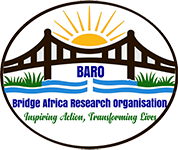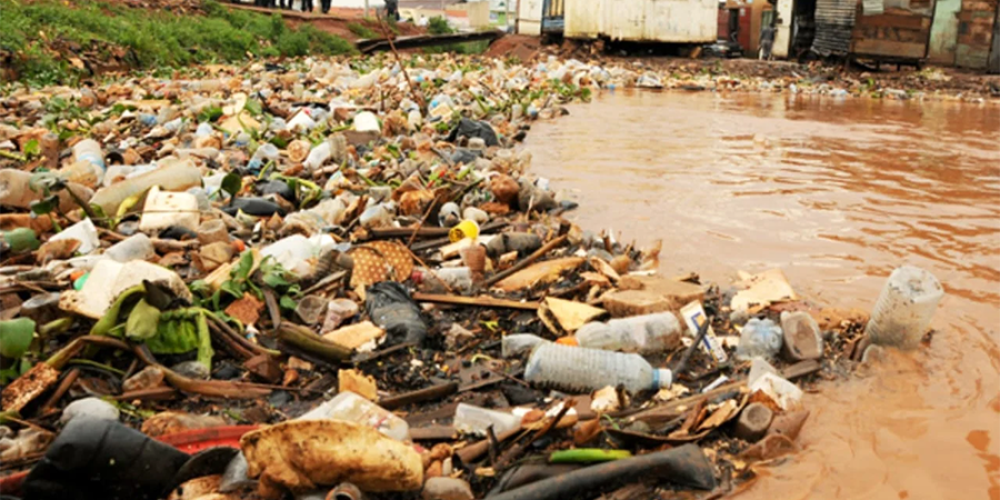Plastic is a menace. It’s a problem that requires a solution, and the solution is in our hands.” These words echo the sentiments of millions worldwide who are fighting against the plastic pandemic.
Today is World Environment Day 2025, with its theme #BeatPlasticPollution. It is time to reflect on our relationship with plastics and take action. Plastic pollution has become a ubiquitous issue, affecting our oceans, wildlife, and even human health. The statistics are staggering: 11 million tonnes of plastic waste leak into aquatic ecosystems annually, and the social and environmental cost ranges between $300 billion and $600 billion each year.
In Uganda, the situation is dire. Lake Victoria, the world’s largest tropical lake, is facing a severe plastic pollution problem, with polyethylene bags and plastic bottles being the major contributors. Studies have shown that plastics are ubiquitous in the lake’s fish, impacting human health and the ecosystem. Approximately 9,948 tons of plastic waste remain uncollected annually in Uganda, with 11% directly entering water bodies. This pollution affects not only the environment but also human health, with plastic pollutants entering the food chain and potentially causing cancer and other health issues.
The impact of plastic pollution is also evident in Uganda’s water bodies, including Lake Edward and River Rwizi, which have significant amounts of plastic waste accumulating in them. Plastic pollution affects fish breeding and stock, ultimately impacting people’s livelihoods. Moreover, plastic pollutants can contaminate soil and crops, reducing agricultural productivity and affecting food security. When plastic waste is ingested by animals, it can also enter the food chain, posing health risks to humans who consume contaminated meat and dairy products.
To address this issue, Uganda needs to improve its waste management systems, increase recycling rates, and reduce plastic pollution. Individuals can make a difference by adopting simple strategies such as refusing single-use plastics, reducing plastic use, reusing and repurposing plastic items, recycling, and rethinking plastic consumption. As Greta Thunberg said, “We can’t save the world by playing by the rules, because the rules need to be changed.” Let’s work together to change the rules and create a world where plastic pollution is a thing of the past.
The time to act is now. Let’s #BeatPlasticPollution and ensure a sustainable future for generations to come.


